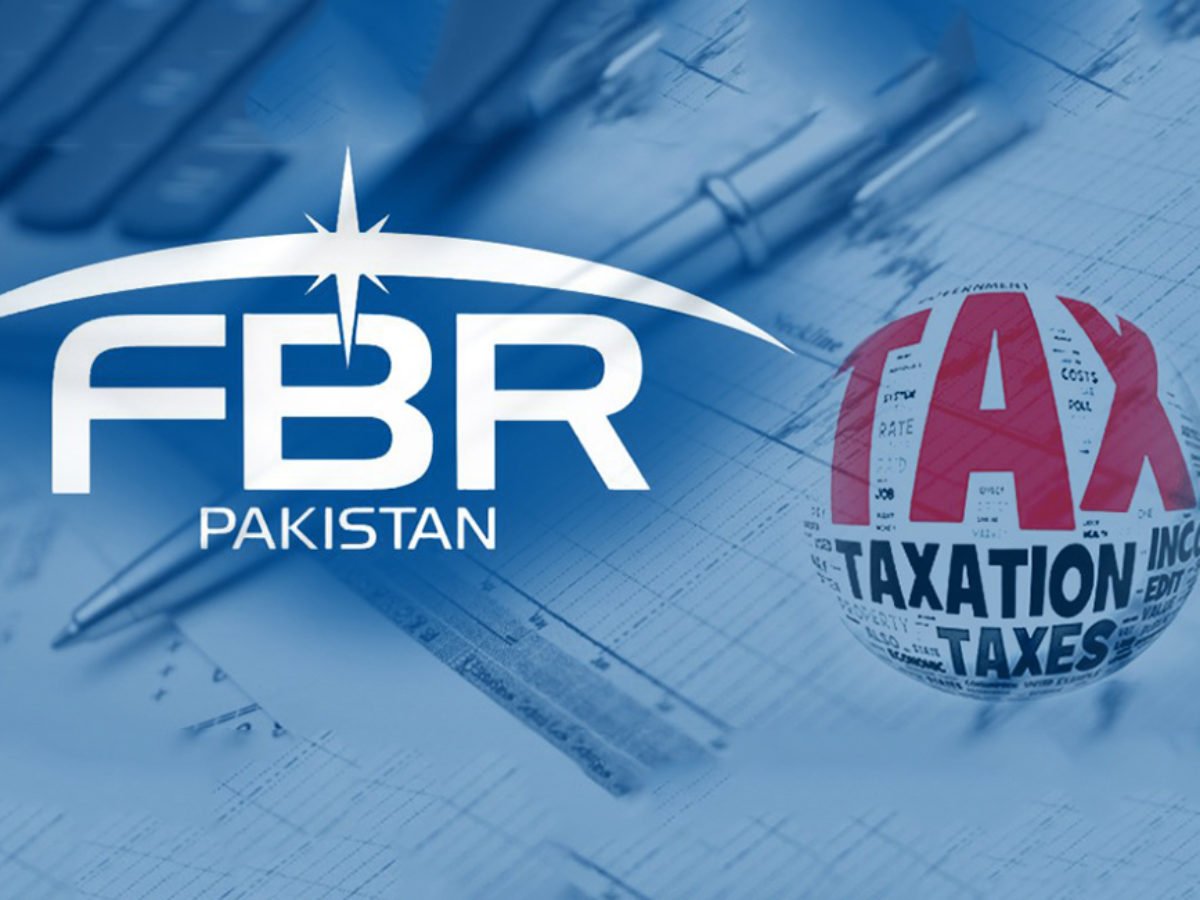The Karachi Tax Bar Association (KTBA) has raised serious concerns about systemic issues and errors in the “IRIS” system, as well as incorrect tax treatments under the new income tax return form.
In a letter to the Federal Board of Revenue (FBR) Chairman, the association highlighted significant operational challenges in the IRIS portal that are hindering the filing of income tax returns for Tax Year 2025.
According to the KTBA, the lack of response from FBR suggests either disregard for legitimate concerns or a difference in interpretation, which may explain why the reported issues remain unresolved. The association said that in the absence of corrective action or clarification, it must present its concerns with greater precision to ensure they are properly addressed.
Tax Credit on Donations Against Surcharge
The KTBA stated that the IRIS system does not compute or allow tax credit on donations under section 60 of the Ordinance against surcharge payable under section 4AB. This, it argued, is inconsistent with the statutory scheme.
Section 2(63) of the Ordinance defines “tax” as any tax imposed under Chapter II, including penalties, fees, charges, or other sums payable. Since surcharge under section 4AB falls under Chapter II, it must be treated as tax. Therefore, surcharge should be considered when computing tax credit on donations.
Sub-section (2) of section 60 further specifies that “the amount of tax assessed to the person for the tax year” includes such surcharges. The KTBA emphasized that taxpayers have a fundamental right to have their liability determined strictly according to law, and disputes on interpretation should be resolved through amendments, not through system flaws.
Adjustment of Surcharge Against Advance Tax
The KTBA said the IRIS system fails to adjust surcharge under section 4AB against advance tax already paid or withheld, instead generating a separate PSID for surcharge payment. This, the association argued, is contrary to law, as surcharge is part of overall tax liability under Chapter II and should be adjusted against advance tax like any other tax.
It added that treating surcharge as a separate liability may lead to double taxation. The KTBA demanded immediate rectification of the IRIS system or issuance of a clear notification clarifying the correct legal interpretation.
Additional Withholding (100BA) Not to Be Treated as Minimum Tax
The association disagreed with treating additional withholding under section 100BA and the Tenth Schedule as minimum tax. It argued that excess tax collected under this section cannot be deemed part of minimum tax liability, as income tax is year-specific and the previous year’s compliance status cannot affect the next year’s liability.
The KTBA stressed that legislative intent is compliance, not revenue maximization. Treating additional withholding as minimum tax, it warned, undermines faith in the tax system, discourages voluntary compliance, and creates unnecessary disputes.
The association demanded that FBR either correct the IRIS system to reflect this or issue an express clarification.
Tax Deducted on Electricity Bills
Section 235 provides two distinct treatments for tax collected through electricity bills (excluding companies):
(i) For taxpayers with annual bills not exceeding Rs. 360,000, the tax collected is treated as minimum tax, with no refunds allowed.
(ii) For taxpayers with monthly bills exceeding Rs. 30,000, the tax collected should be adjustable against final liability.
The KTBA pointed out that IRIS currently treats all such tax as minimum tax, disregarding the adjustable nature of higher bill amounts. This misapplication, it said, denies taxpayers their legal right to adjust excess tax.
The association demanded that FBR immediately correct the IRIS anomaly and ensure compliance with section 235.










